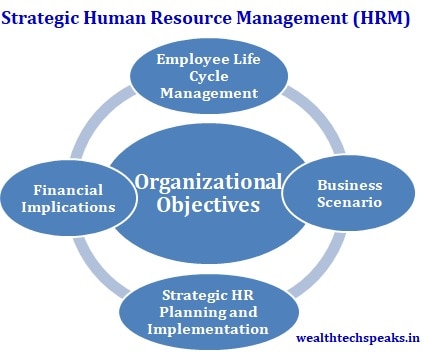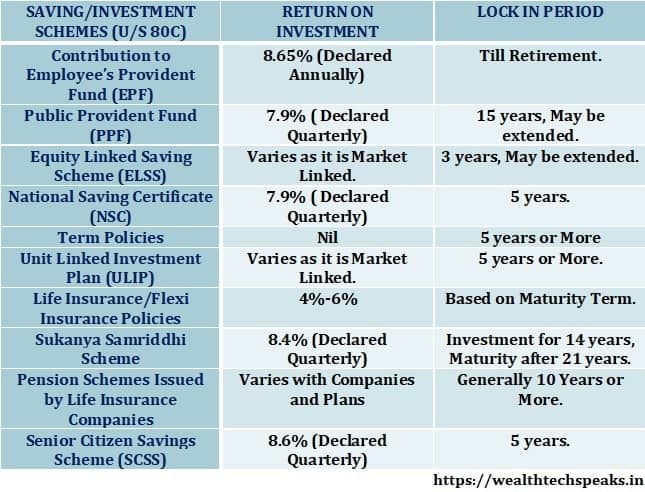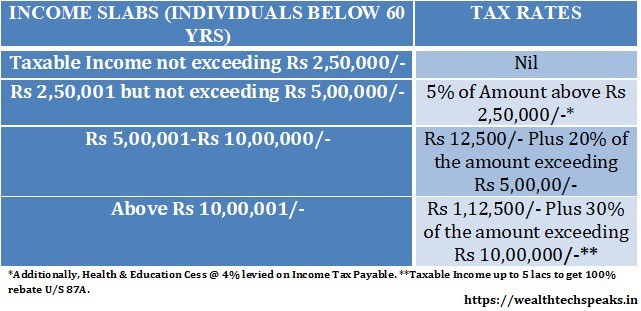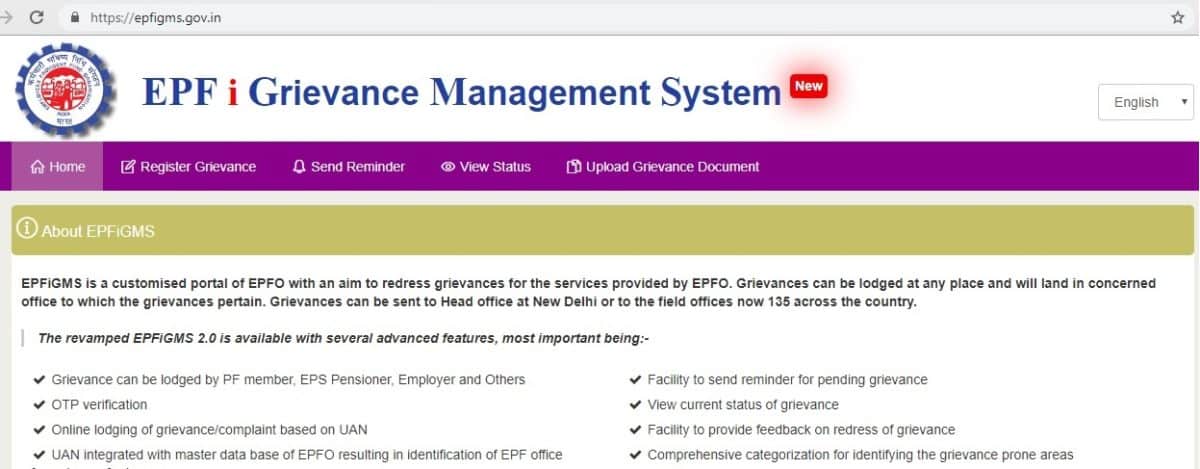Benefits and Shortcomings of Systematic Investment Plan (SIP)
- Posted By Amritesh
- On November 9th, 2014
- Comments: 8 responses
Systematic Investment Plan (SIP) is a Mutual Fund Investment where one can make periodic investment in small amounts. This helps the investor as they don’t have to put in a lumpsum rather they can invest periodically with lesser amount. SIP helps you to plan and manage your investments more efficiently. Since you have to make periodic investments it also protects you from the sudden downward fluctuations in the market.
Let’s look at some of the Benefits and Shortcomings of SIP.
BENEFITS OF INVESTING IN SIP:-
Tax Benefits:- If you want to avail tax benefits under Section 80 (C) then you can opt for the ELSS option which allows deduction on the investment made in Mutual Funds. Moreover Mutual Funds Investments made for more than is year is treated as Capital Gain which reduces your tax liability.
Professional Management of Funds:- Funds are professionally managed by Fund Managers so they do take care of your investments and use their expertise to ensure that you get maximum return on your investments.
Rupee Cost Averaging:- Another advantage of SIP is Rupee Cost Averaging which balances your investment. When the NAV is high you get lesser allocation of Units but when NAV is low you get more units allocated to your portfolio. Thus your portfolio remains balanced because you have made periodic investments at regular intervals.
Counter Inflation: Any investment is made keeping future expenses and costs in mind. Investment in SIP in the long run is more likely to fetch your returns higher than the Inflationary rates prevailing at that point of time.
Although the Above mentioned points hold their grounds, these types of Investments have some shortcomings as well:-
Time of Entry and Exit is Important:- You have to be very careful with your Investment timing. If you enter in the bearish phase (market under performs) and exit in the bullish phase (outperforming market) then in all probability you would have made a fairly good return on investment. But in case of vice versa you may end up losing heavily. So investment should be made with caution.
Investment Needs Time to Grow: SIP is not a magic spray which doubles your investment within a blink of your eye. You need to give it considerable amount of time to grow. Impatience might see you ruining the investment.
In certain cases Lumpsum Investment is a Better Option:- In case market indicates that it will outperform in the coming years and will show gain of 20% or 30% in the next couple of years then you should go for Lumpsum Investment because in SIP you will lose out due to cost averaging.
A Point to Note: If market shows a downward trend and keeps falling then it does not really matter where you invest, Lumpsum or SIP, you will end up with loses. In this scenario fixed return investments are the best bet, so you need to have a diversified portfolio in order to reduce risk and ensure healthy return.
Disclaimer: The information on this site is provided for discussion purposes only, and should not be misconstrued as investment advice. Under no circumstances does this information represent a recommendation to buy or sell securities. Readers are advised to research further to have more clarity on the topic. It is very important to do your own analysis and consult your Financial Advisor before making any investment based decision.
Subscribe
Login
8 Comments
oldest







